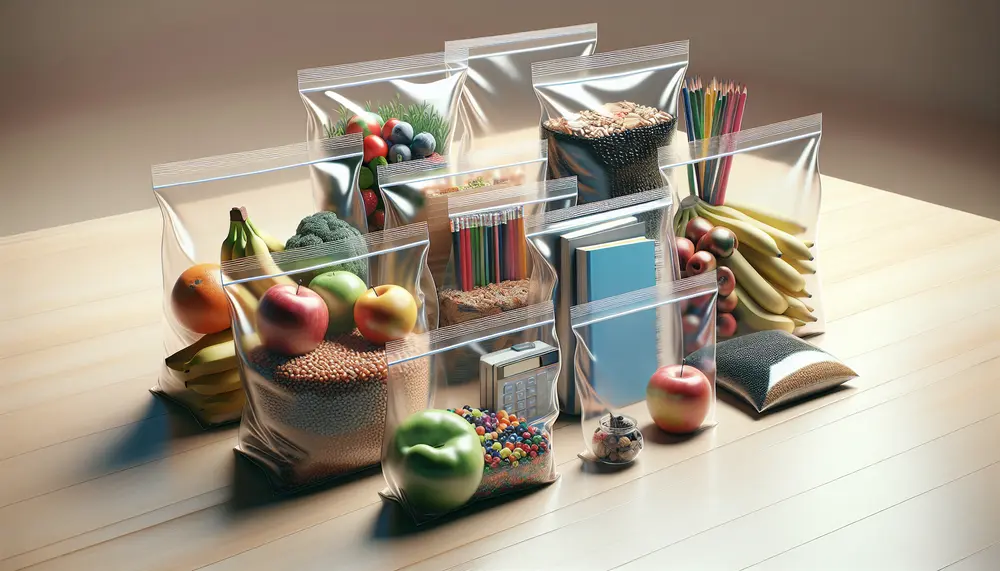Kraft paper
Kraft paper
What is Kraft Paper?
Kraft paper is a type of paper known for its high strength and durability. It is made from wood pulp through the Kraft process, which involves chemical pulping. This process gives Kraft paper its unique properties, making it ideal for packaging.
Why Use Kraft Paper in Packaging?
Kraft paper is highly valued in the packaging industry for several reasons. First, it is very strong and can handle heavy items without tearing. Second, it is environmentally friendly because it is biodegradable and recyclable. Lastly, Kraft paper has a natural, rustic look that appeals to many brands.
Types of Kraft Paper
There are different types of Kraft paper, each suited for specific packaging needs. Natural Kraft paper is unbleached and retains its brown color. Bleached Kraft paper is treated to be white, making it suitable for printing and branding. Recycled Kraft paper is made from recycled materials, offering an eco-friendly option.
Common Uses of Kraft Paper in Packaging
Kraft paper is versatile and used in various packaging applications. It is commonly used for making paper bags, wrapping products, and creating protective packaging. Its strength and durability make it perfect for shipping and storage.
Benefits of Kraft Paper
Using Kraft paper in packaging offers many benefits. It is cost-effective, strong, and eco-friendly. Its natural appearance also adds a unique touch to product packaging, enhancing brand image. Kraft paper is a sustainable choice that meets both functional and aesthetic needs.
Blog Posts with the term: Kraft paper

Unique packaging designs enhance gift boxes by creating memorable unboxing experiences and reflecting the giver's care. Personal touches, eco-friendly materials, and innovative design elements can elevate both personal gifts and brand identity. Creative packaging for gifts makes a strong first impression,...

This guide offers step-by-step instructions for creative gift wrapping techniques like zig-zag folds, pocket methods, and origami accents to elevate your presents. It also provides festive packaging ideas using layered textures, custom tags, personalized elements, unique color palettes, and reusable...
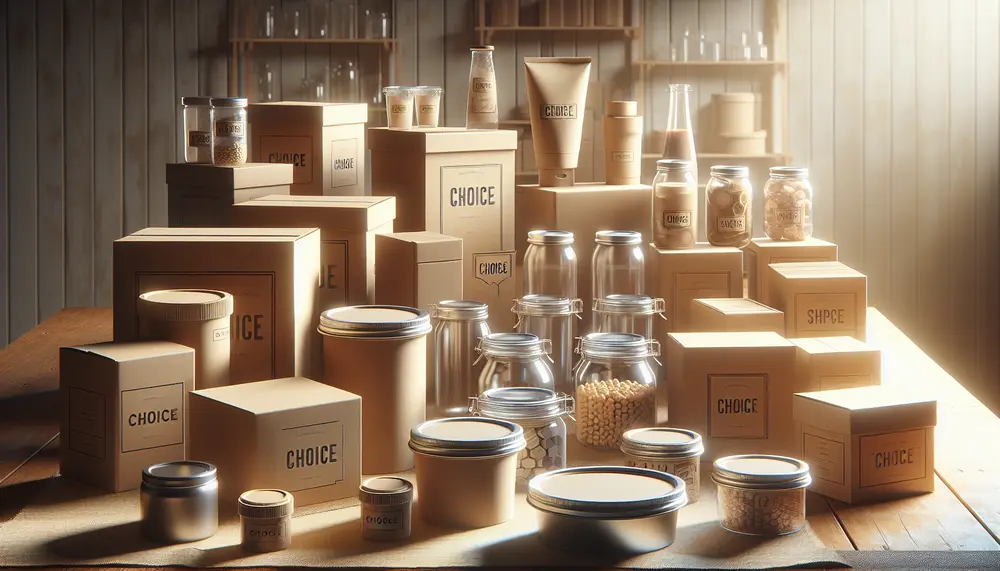
Selecting the right packaging for desserts is crucial as it affects freshness, safety, customer experience, and environmental impact. The three main materials—plastic, paper (cardboard), and aluminum—each have their benefits and drawbacks concerning durability, visibility, branding potential, sustainability concerns, and protection...
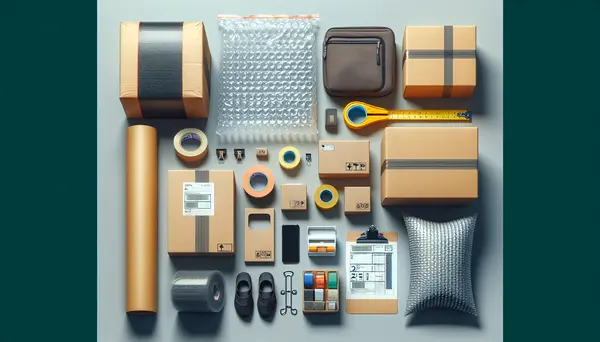
Zip packaging, also known as zip-lock or resealable packaging, is a versatile and functional form of product packing that maintains the freshness and quality of products. It plays a crucial role in ensuring product safety across various industries by preventing...

Protective packaging involves materials and methods to safeguard products from damage during shipping, handling, and storage. It is crucial for maintaining product integrity, reducing costs associated with returns and replacements, ensuring compliance with regulations, protecting against environmental factors, enhancing customer...
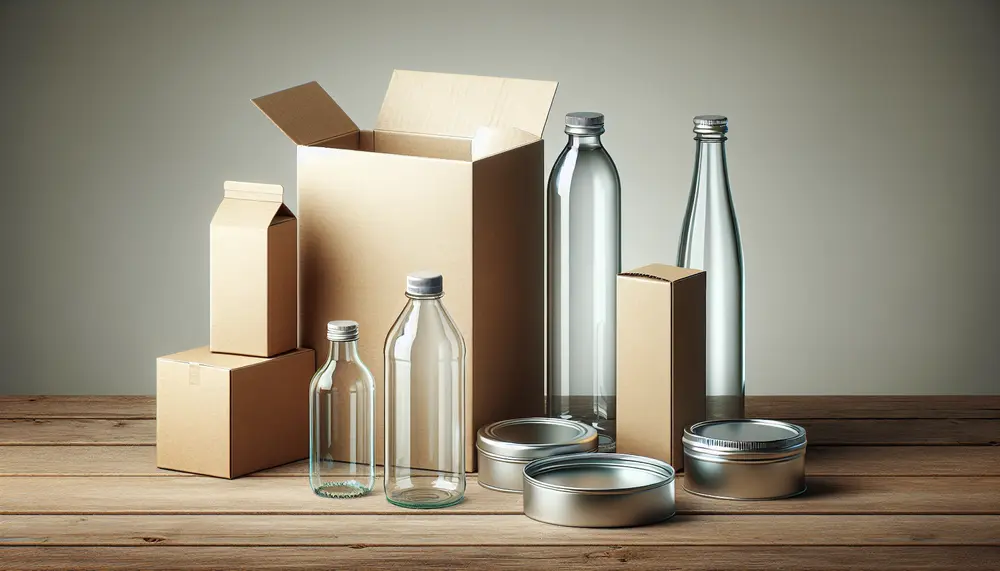
Packaging materials are crucial for product protection, branding, and environmental impact; choosing the right type depends on various factors including the product's nature and consumer trends. Paper-based options like corrugated cardboard and SBS paperboard offer sustainable choices with different balances...
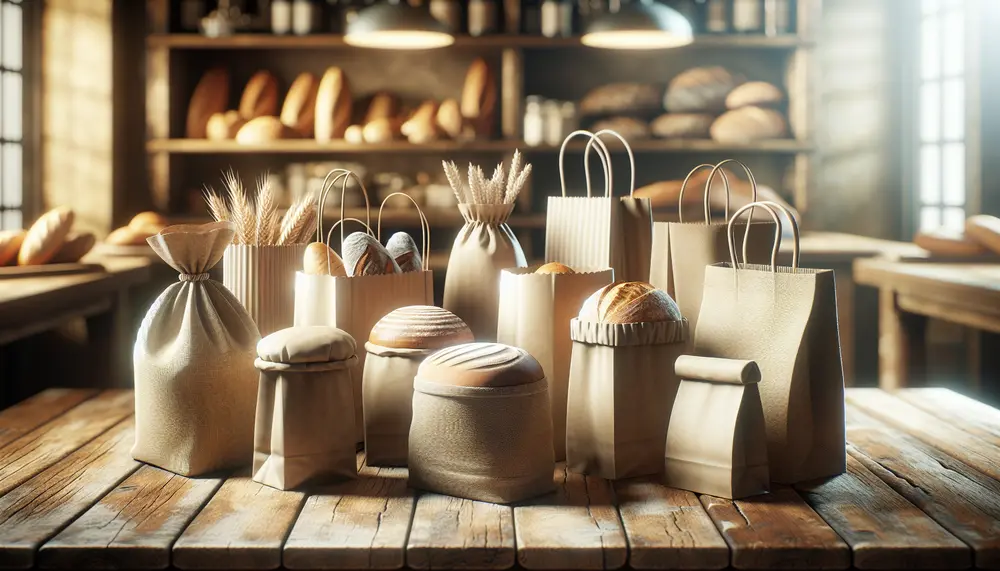
Bread bags are crucial for maintaining the freshness and quality of bread by providing protection against contaminants, moisture, and pests; they also serve as a branding tool for bakeries. Choosing the right bag involves considering material (paper, plastic, organic cotton),...

Kebab packaging requires durability, functionality, and safety to maintain freshness and flavor; materials like Kraft paper and sugarcane pulp are popular for their sustainability. Eco-friendly options such as Bagasse and recyclable Kraft paper align with consumer environmental concerns, while personalized...

Jewelry packaging materials are essential for protection, brand identity, and enhancing customer experience; factors like durability, cost, customization potential, and environmental impact guide material selection. The right packaging is a key marketing tool that can influence consumer behavior and align...
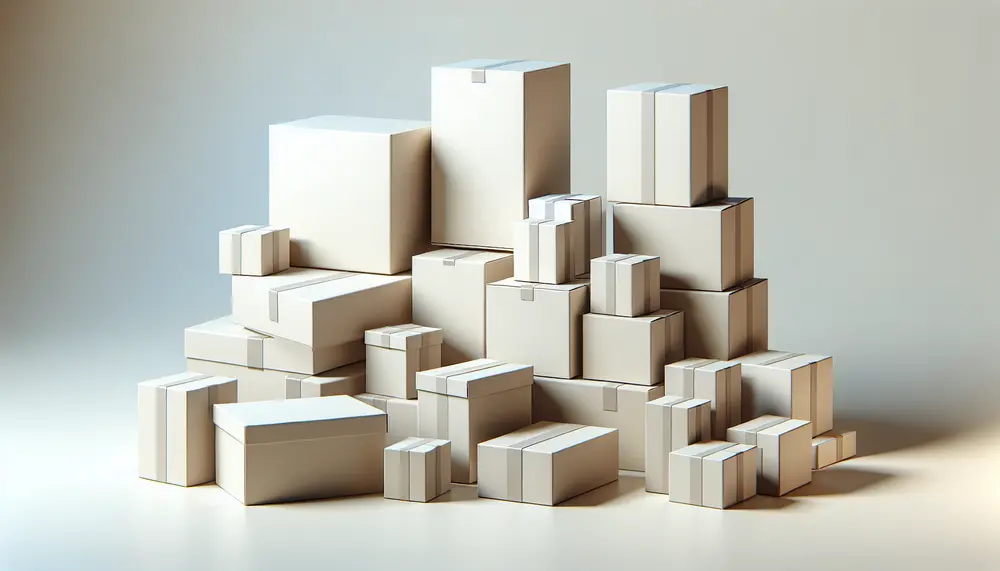
A packaging box mockup is a full-scale model used to visualize design and evaluate how the final product will look, aiding in identifying potential flaws before production. They are essential for brand consistency and can be utilized as marketing tools,...
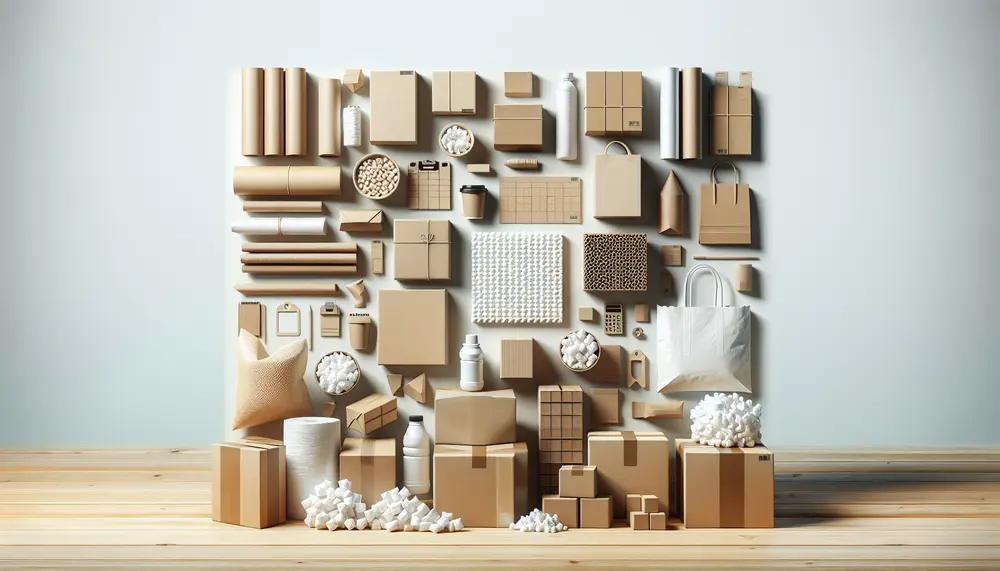
Packaging filler is essential for product protection during shipping, enhancing the unboxing experience and reflecting brand values, with sustainability being a key consideration. Various fillers offer different pros and cons, balancing factors like cushioning effectiveness, cost-efficiency, environmental impact, and suitability...
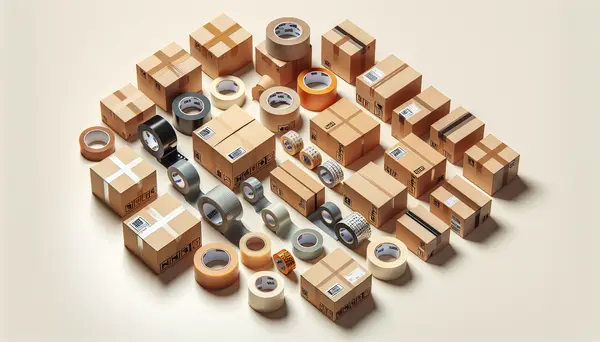
Packaging tape plays a crucial role in ensuring the safe and secure transport of goods, serving both functional and aesthetic purposes. Choosing the right type based on material, adhesive type, dimensions, application requirements and branding can enhance packing efficiency while...
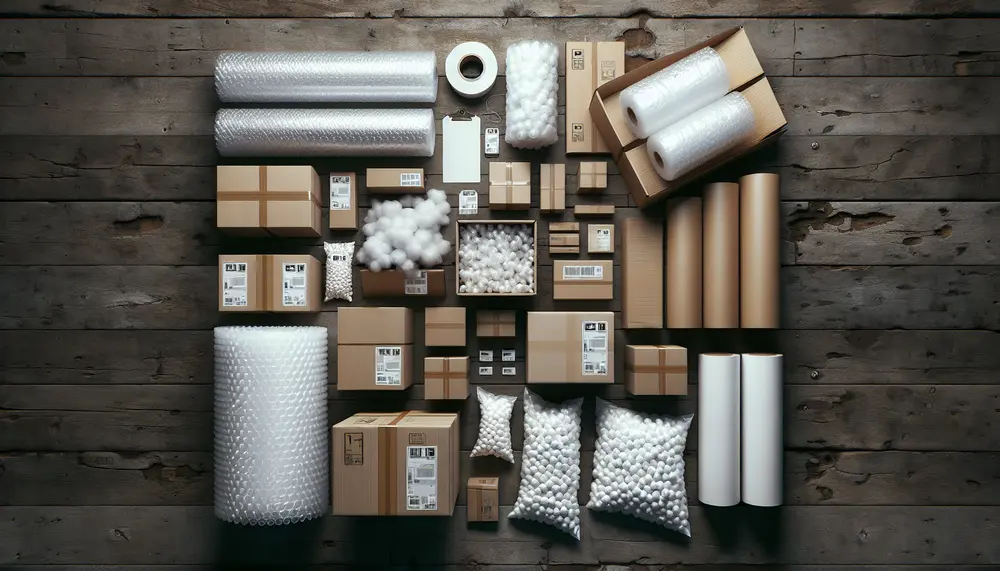
Packaging materials for shipping are crucial for product safety, brand reputation, and customer satisfaction. They must be chosen based on the item's characteristics and shipping conditions to ensure integrity upon arrival. Effective packaging protects products during transit while also serving as...
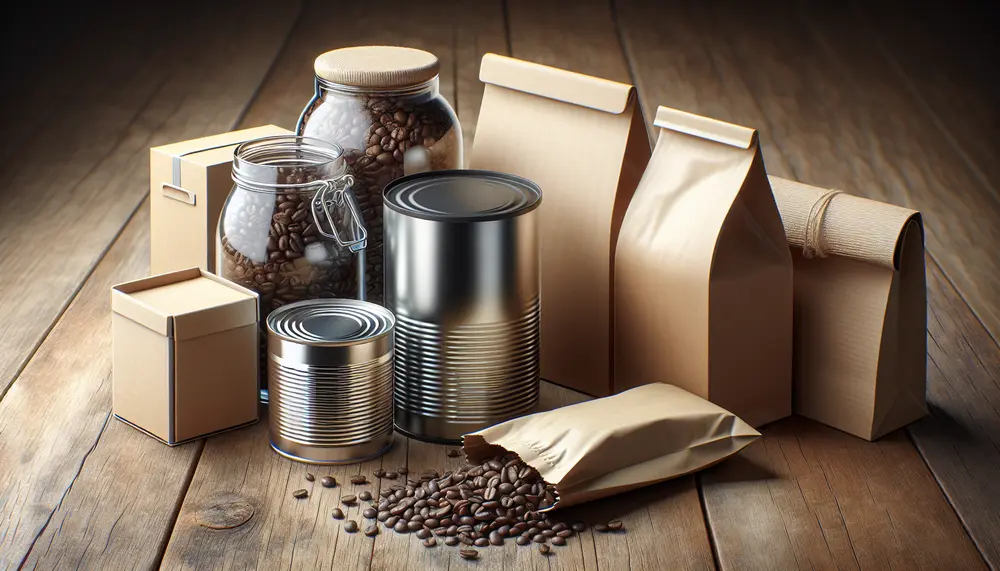
Coffee packaging is essential for preserving coffee's quality and flavor, protecting against oxygen, light, moisture, and carbon dioxide emitted after roasting. It also serves as a marketing tool to convey the brand story and stand out in a competitive market. Different...

